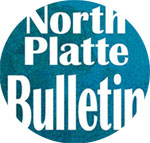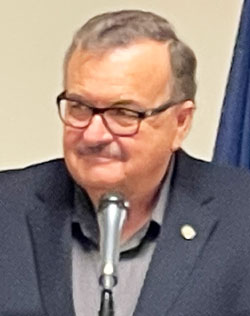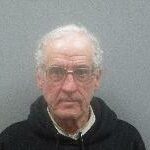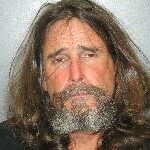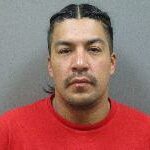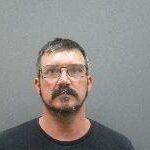A long legislative hearing was held Monday afternoon about a state requirement for a two-person freight train crew in Nebraska.
Sen. Mike Jacobson introduced the bill, LB 31. It provides that any train or light engine used in connection with the movement of freight must continue to be operated with a crew consisting of at least two individuals.

This content has been Archived
Lorem ipsum dolor sit amet, consectetur adipiscing elit. Etiam sed sodales massa, nec pellentesque dui. Pellentesque habitant morbi tristique senectus et netus et malesuada fames ac turpis egestas. Praesent erat tortor, lacinia sit amet viverra et, pulvinar a nulla.
Praesent tristique imperdiet diam sed cursus. Etiam at lobortis tellus. In imperdiet quam eget augue placerat, quis tristique velit lacinia. Nam aliquet tellus eget odio egestas rutrum. Donec elementum lacus eu velit eleifend viverra.
Mauris tincidunt orci sed tristique ultricies. In id sapien vel nulla aliquam congue at vitae elit. Nunc et laoreet justo, quis sagittis neque.
Etiam molestie tortor at ultricies rutrum. Aenean suscipit tempus convallis. Sed ac vestibulum eros. Pellentesque bibendum dui eget velit imperdiet, sit amet rutrum eros viverra.
Duis tincidunt, massa quis fermentum rhoncus, leo dui consequat sem, et lobortis magna dui a justo. Pellentesque lorem dui, consectetur id urna sed, tempor varius purus. Proin eu efficitur felis.
© 2024 The North Platte Bulletin. All rights reserved.








